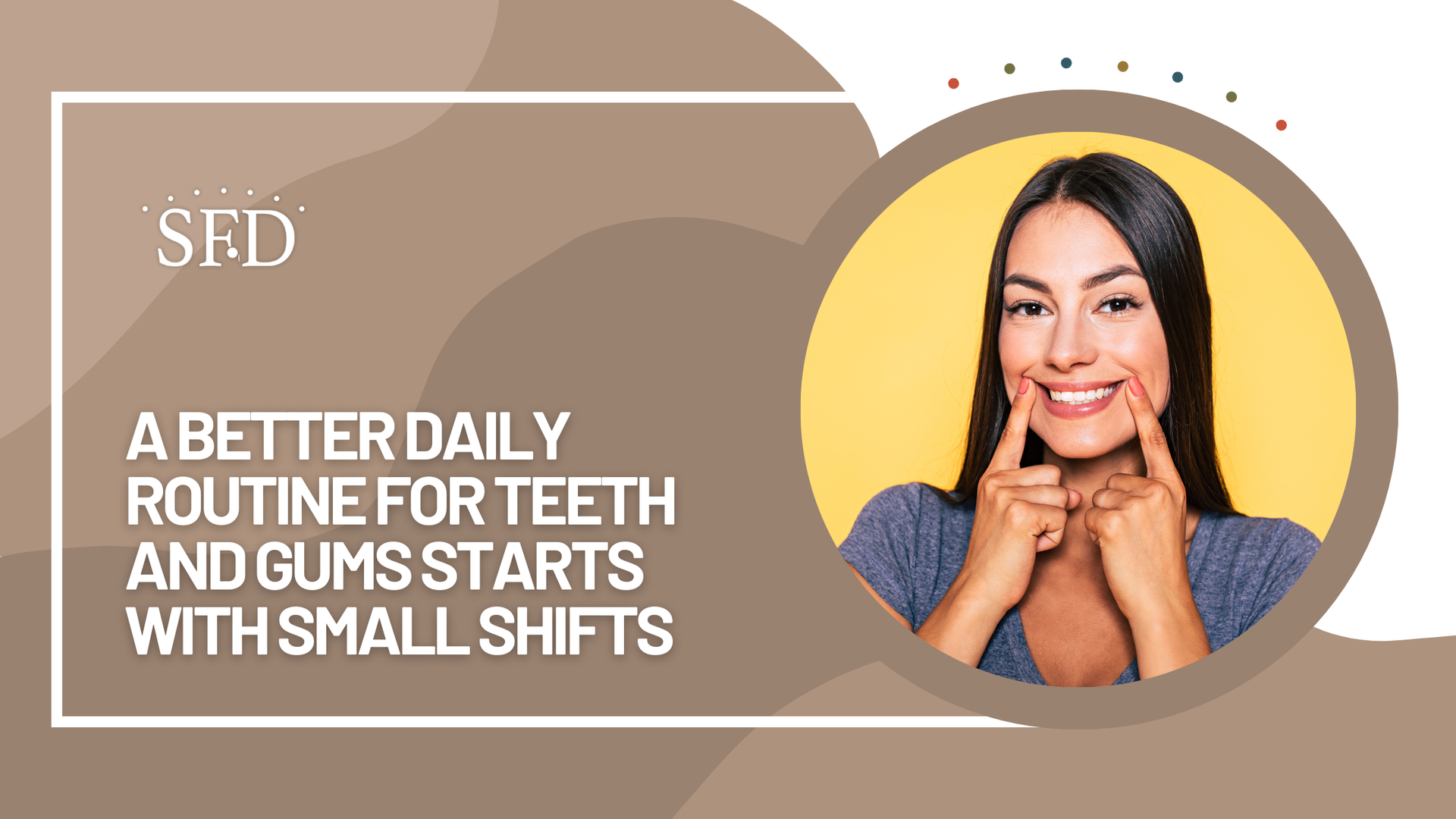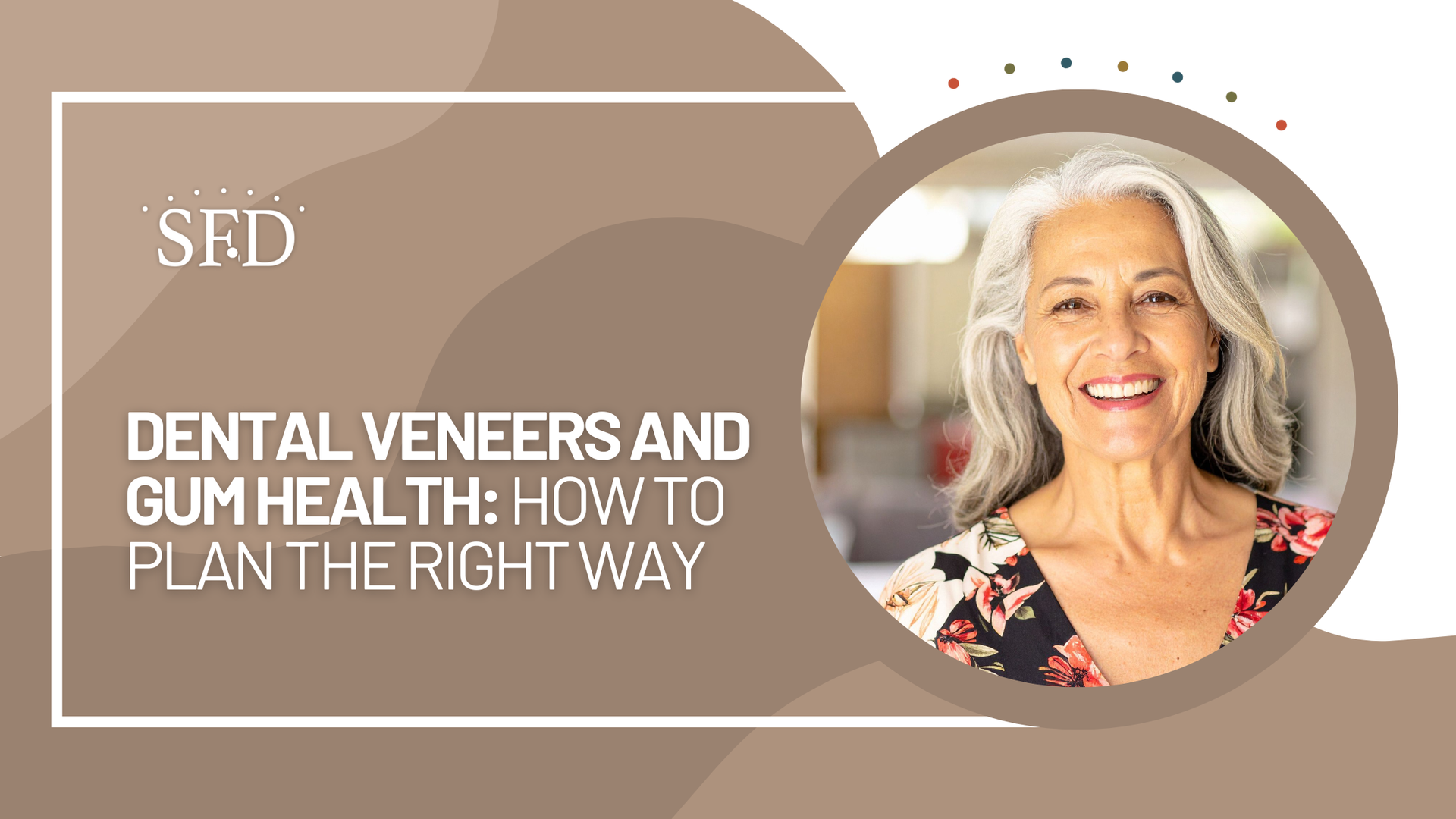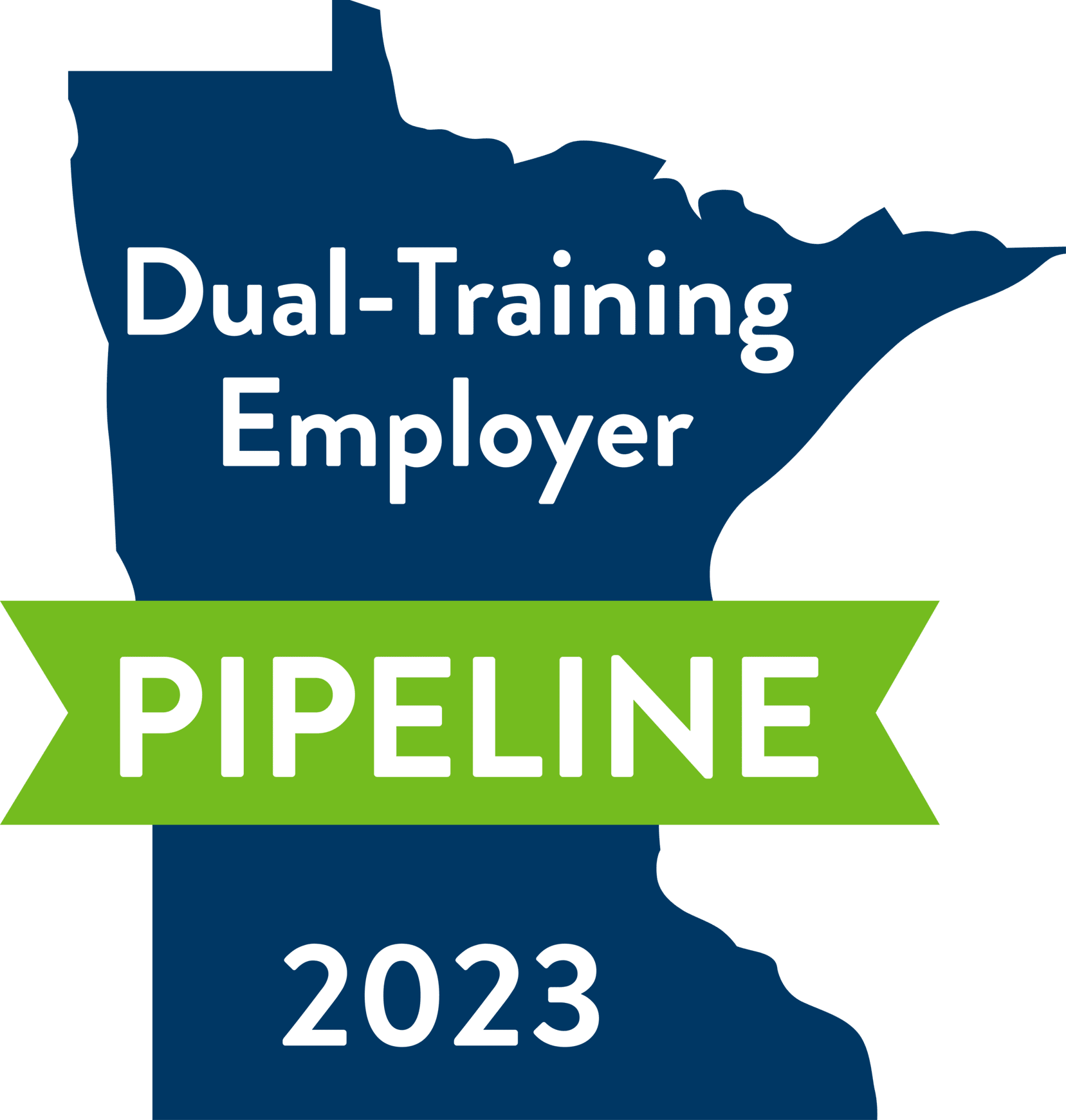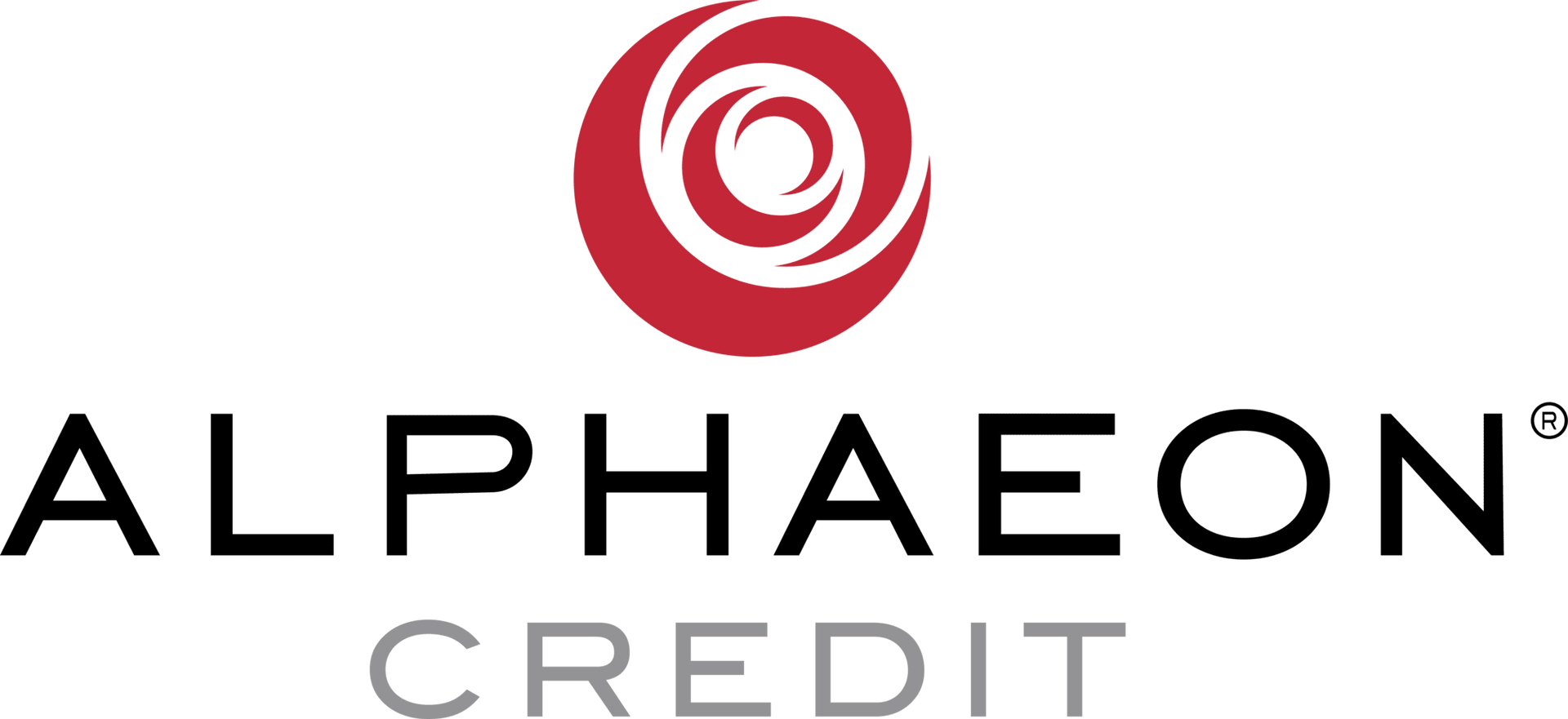How Anesthesia Helps Patients Overcome Anxiety
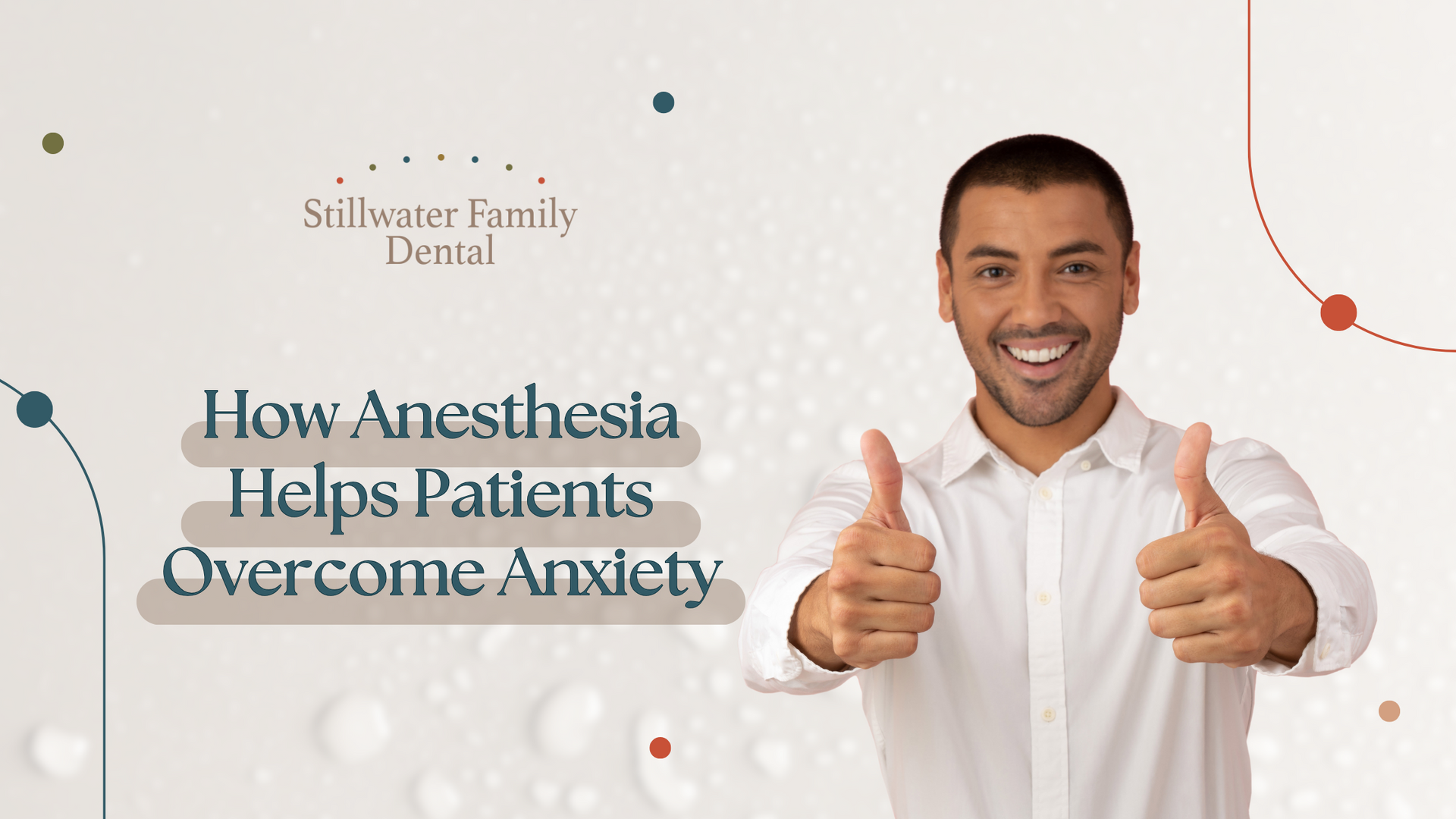
Source: Dr. Marketing
If you are facing anxiety about your upcoming dental visit, you’re not alone. Many people avoid dental care altogether due to the fear of treatment. Luckily, Stillwater Family Dental offers sedation dentistry administered by a Certified Registered Nurse Anesthetist (CRNA) to provide a safe and comfortable solution.
What is a CRNA?

A Certified Registered Nurse Anesthetist (CRNA) is a highly trained nurse specialist who is trained to administer anesthesia and monitor patients under the influence of anesthesia. These nurses undergo seven to eight and a half years of coursework and clinical experience, during which the student gains nearly 9.400 hours of clinical experience.
CRNAs are licensed to practice across the U.S., and in many outpatient settings, they are the sole provider of anesthesia, such as in a dental office. There are various types of specializations within anesthesia, from dental to plastic to neurological anesthesia. Additionally, many CRNAs can belong to multiple subspecialty organizations within their field, such as the International Anesthesia Research Society or the American Pain Society. Feel free to ask your anesthesiologist about their qualifications or any concerns you may have about the sedative process.
A CRNA will partner with your dentist to manage every aspect of sedation. This begins with a pre-procedure evaluation to review your health, allergies, and medications. Once the sedative process begins, you will be given a dosage catered to your individual needs, and the CRNA will continuously monitor you throughout the procedure. To track your oxygen, blood pressure, and heart rate. The American Society of Anesthesiologists emphasizes that the CRNA should be fully dedicated to their role and refrain from multitasking other duties during your procedure. Once the procedure is complete, the CRNA will continue to monitor you until you are fully awake and stable.
How Sedation Combats Dental Anxiety
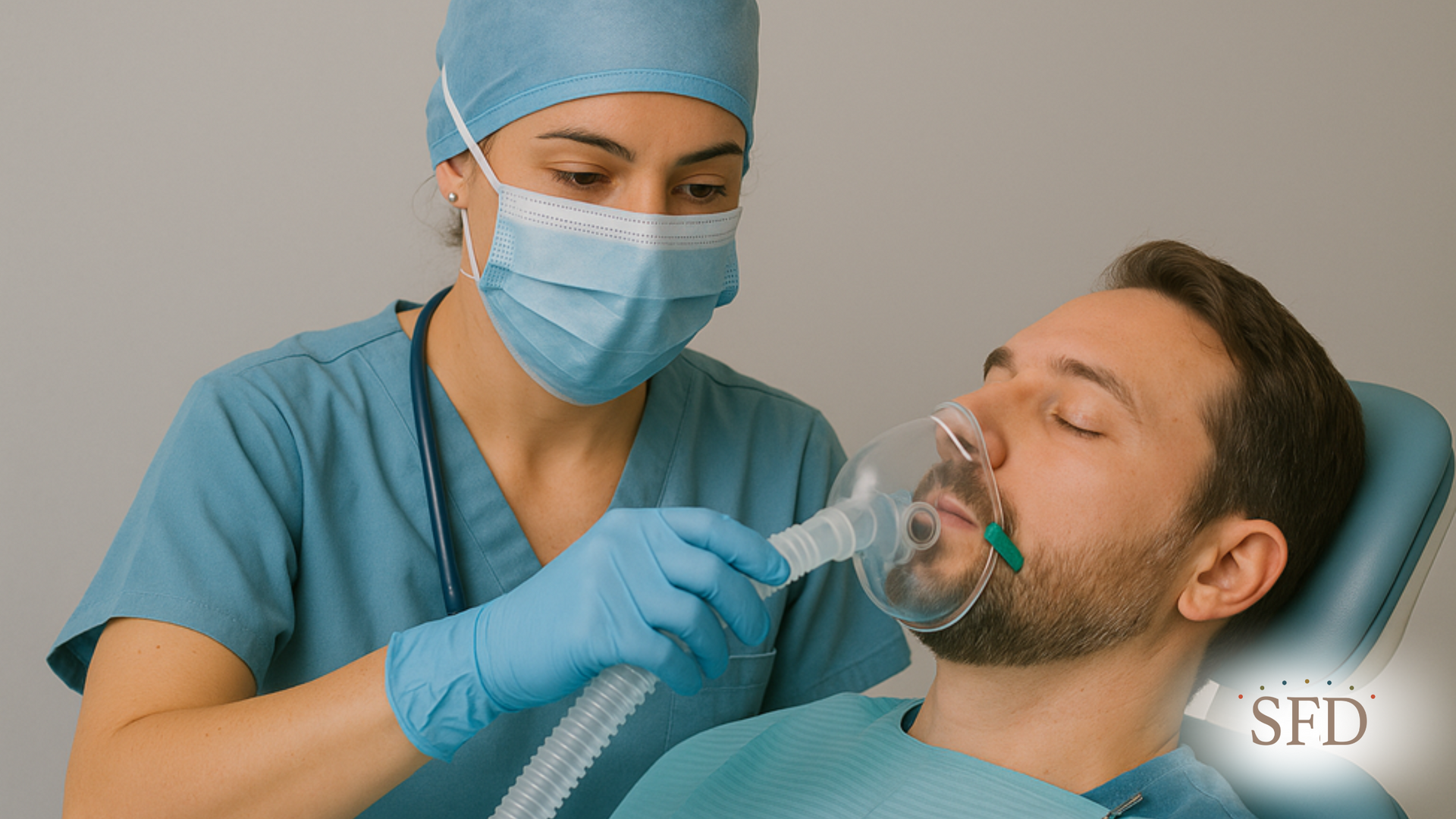
Anxiety about your upcoming dental appointment may lead to skipped appointments, untreated issues, and worsen your oral health through long-term neglect. Sedation managed by a qualified CRNA can reduce stress and help you stay relaxed during procedures.
Anesthesia has been known to help patients comfortably undergo multiple procedures during a single visit. Additionally, sedated patients are known to tolerate the sensation of vulnerability, gag reflexes, and extended periods in a chair better. The American Dental Association (ADA) recognizes that sedation is a standard method for enhancing patient comfort and care when administered by a qualified professional.
Is Anesthesia Safe?
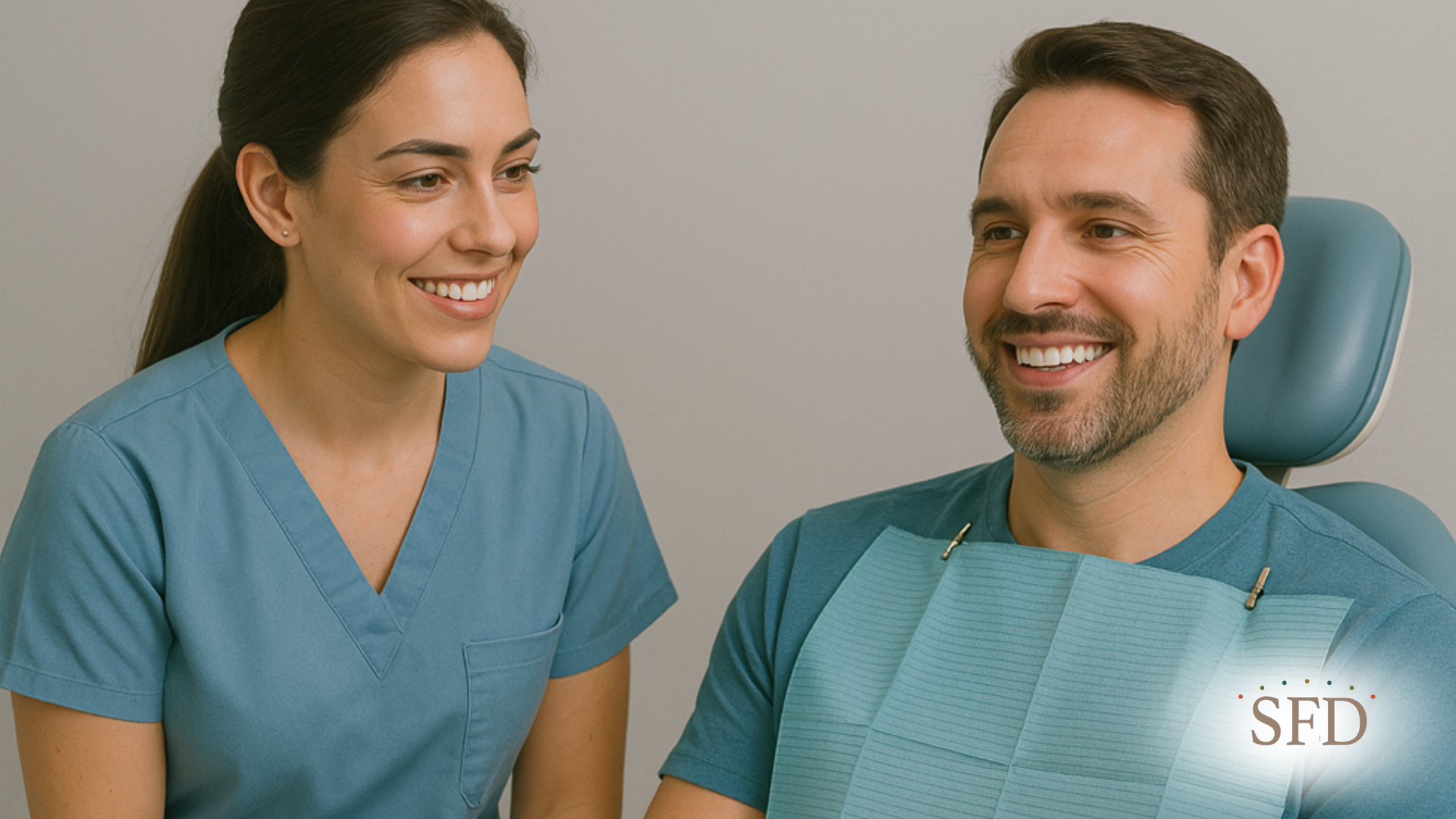
When administered by a trained professional, such as a CRNA, then yes, sedation dentistry is extremely safe. The ADA has strict guidelines for varying sedation levels that emphasize safety and competence. All CRNAs are required to follow detailed monitoring standards and maintain Emergency ACLS/PALS certification.
CRNA-assisted sedation may be right for you if:
- Have a dental phobia or experience intense anxiety
- Need extensive or multiple procedures
- Experience difficulty sitting still, or have a sensitive gag reflex
- Have complex health needs or certain medical conditions
Take the Stress Out of Your Next Dental Visit
At Stillwater Family Dental, our team offers CRNA-assisted sedation upon request to help alleviate anxiety during your next dental visit. Our CRNAs utilize professional monitoring, strictly adhere to safety procedures, and collaborate closely with our onsite dentists.
For additional information, feel free to check out our YouTube channel to learn more about the differences between conscious sedation and anesthesia, sedation monitoring, and how long sedation affects you. Call today to schedule a consultation to see if our assisted sedation services are right for you!
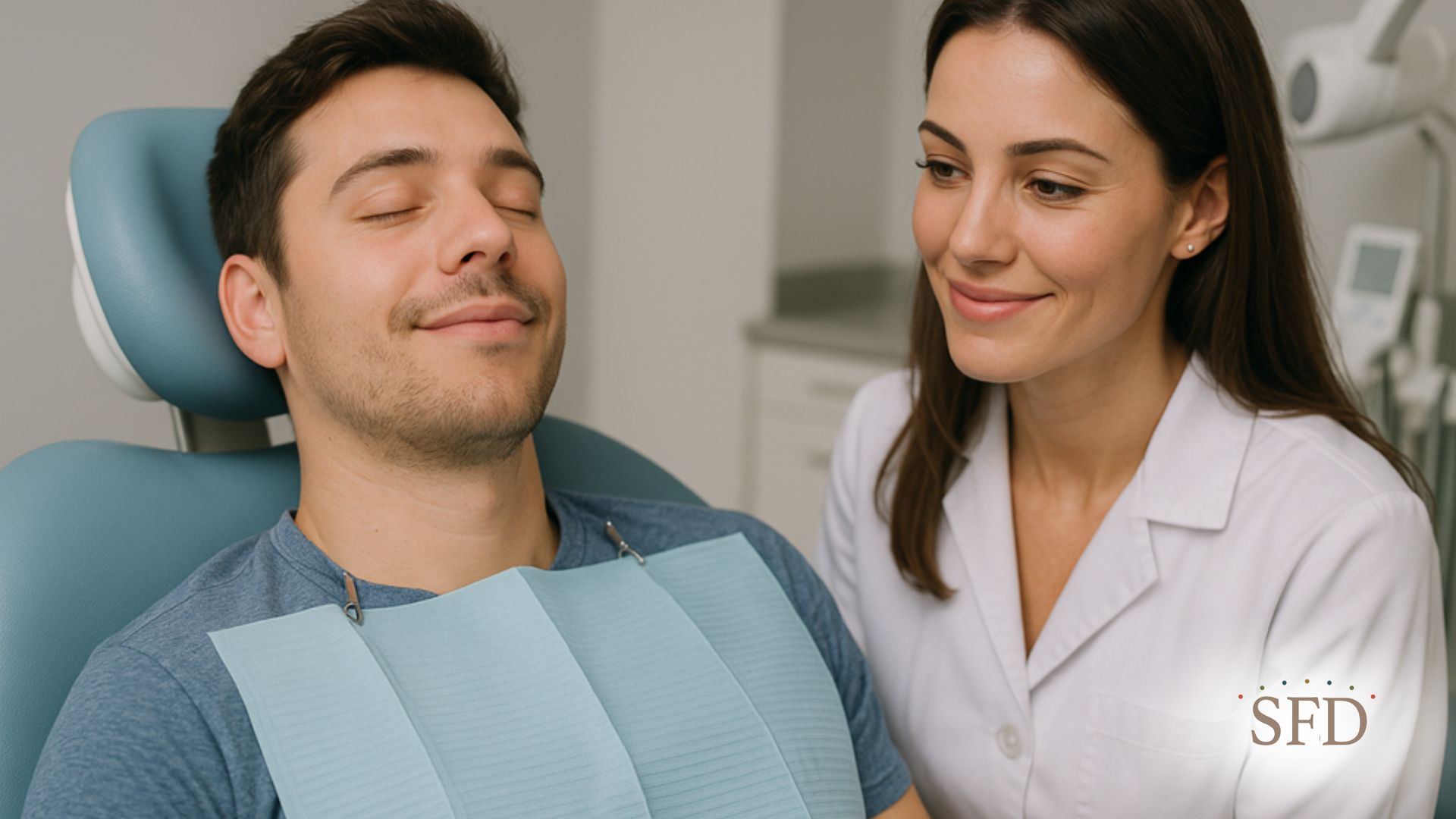
Share
Related Posts
